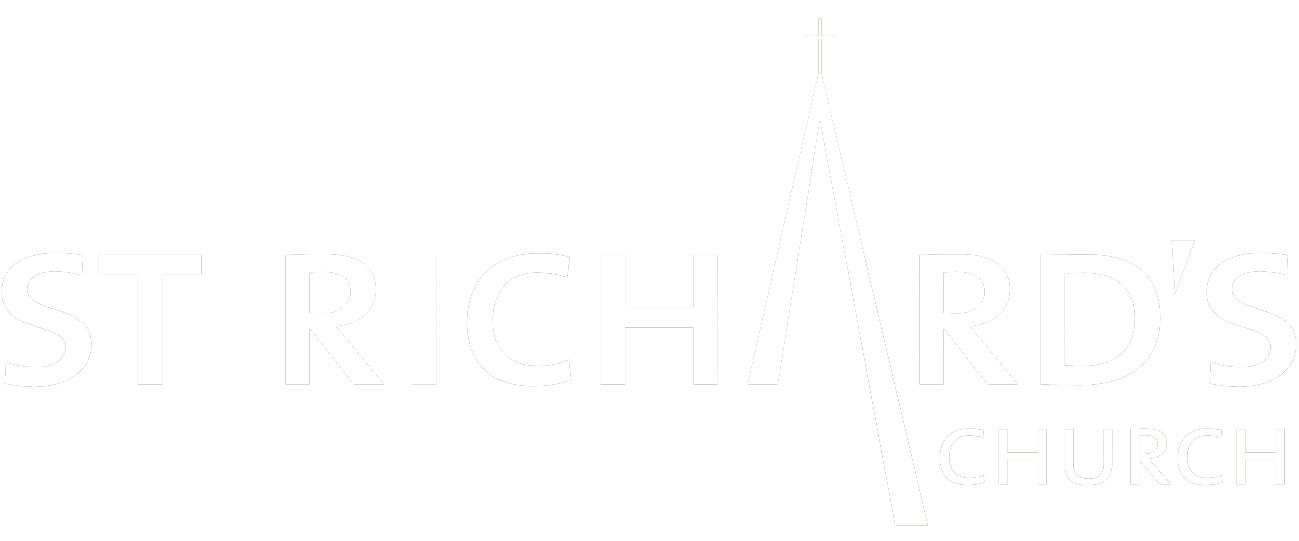Our Highest Priority
Keeping safe all those under our care is our highest priority, especially children, young people and vulnerable adults. As Christians, we believe that every person has a value and dignity which comes directly from the creation of people in God’s image. We must do all we can, therefore, to protect everybody within our care from harm.
In order to do all we can in this regard, St Richard’s follows the principles, policies, and best practice described in the Church of England’s policy statements Promoting a Safer Church (2017), Protecting All God's Children (2010), and the Diocesan Safeguarding Policy Promoting a Safe Diocese (2018).
The following text constitutes our safeguarding policy and was agreed at the Parochial Church Council (PCC) meeting held on 15 May 2023.
In accordance with the Church of England Safeguarding Policy our church is committed to:
Promoting a safer environment and culture.
Safely recruiting and supporting all those with any responsibility related to children, young people and vulnerable adults within the church.
Responding promptly to every safeguarding concern or allegation.
Caring pastorally for victims/survivors of abuse and other affected persons.
Caring pastorally for those who are the subject of concerns or allegations of abuse and other affected persons.
Responding to those that may pose a present risk to others.
The Parish will:
Create a safe and caring place for all.
Have a named Church Safeguarding Officer (CSO) to work with the incumbent and the PCC to implement policy and procedures.
Safely recruit, train and support all those with any responsibility for children, young people and adults to have the confidence and skills to recognise and respond to abuse.
Ensure that there is appropriate insurance cover for all activities involving children and adults undertaken in the name of the parish.
Display in church premises and on the Parish website the details of who to contact if there are safeguarding concerns or support needs.
Listen to and take seriously all those who disclose abuse.
Take steps to protect children and adults when a safeguarding concern of any kind arises, following House of Bishops guidance, including notifying the Diocesan Safeguarding Adviser (DSA) and statutory agencies immediately.
Offer support to victims/survivors of abuse regardless of the type of abuse, when or where it occurred.
Care for and monitor any member of the church community who may pose a risk to children and adults whilst maintaining appropriate confidentiality and the safety of all parties.
Ensure that health and safety policy, procedures and risk assessments are in place and that these are reviewed annually.
Review the implementation of the Safeguarding Policy, Procedures and Practices at least annually.
Each person who works within this church community will agree to abide by this policy and the guidelines established by this church.
Reporting Abuse and Finding Support
If you have information about a safeguarding situation where a child or adult is in immediate danger or requires immediate medical attention call the emergency services on 999. Do not delay.
Our Church Safeguarding Officers are the first people to speak to if you have any concerns around the welfare of a child or vulnerable adult. Currently our CSOs are Wendy Rayner and Gill Coombes.
Diocesan Safeguarding Advisor: Caryn Weber
020 3837 5086
Additional Support
Reporting abuse may be very difficult and distressing to you and it may add to your hurt by our not being able to immediately assist you. Therefore here are the contact details of other agencies that are available to assist either on a 24-hour basis or through specialist helplines and services:
NSPCC Child Protection Helpline: 0808 800 5000 (lines free and open 24 hours). Phone if you are worried about a child.
Child-line: 0800 1111 (lines free and open 24 hours). Phone if you are a child or young person and are worried about anything.
National Domestic Violence Helpline: 0808 2000 247 (lines free and open 24 hours). Phone if you are experiencing domestic abuse.
Samaritans Helpline: 116 123 (open 24 hours). Phone if you feel you are struggling to cope and need someone to talk to.
Action on Elder Abuse Helpline: 080 8808 8141 (free phone Monday to Friday 9-5 pm)
Support for victims and survivors of abuse
If you are a victim or survivor of abuse, you can find details of agencies offering support here.



